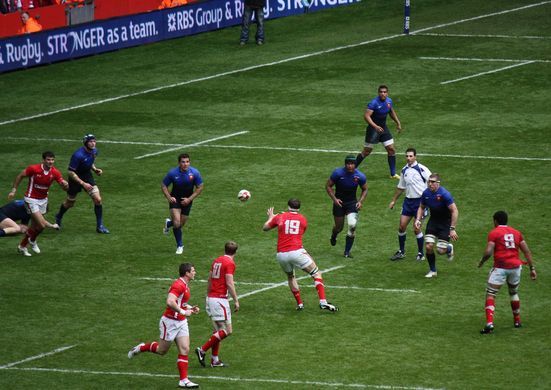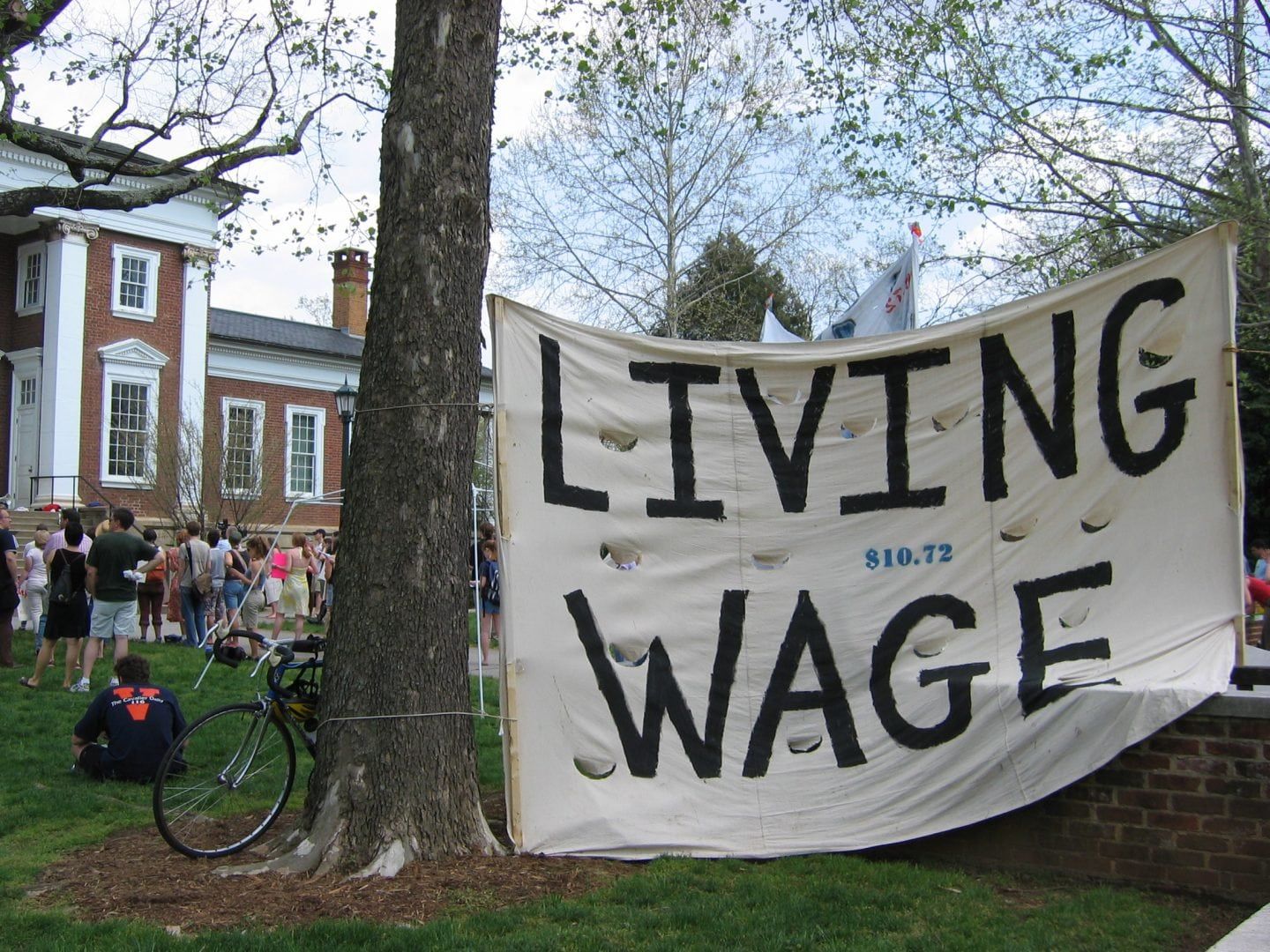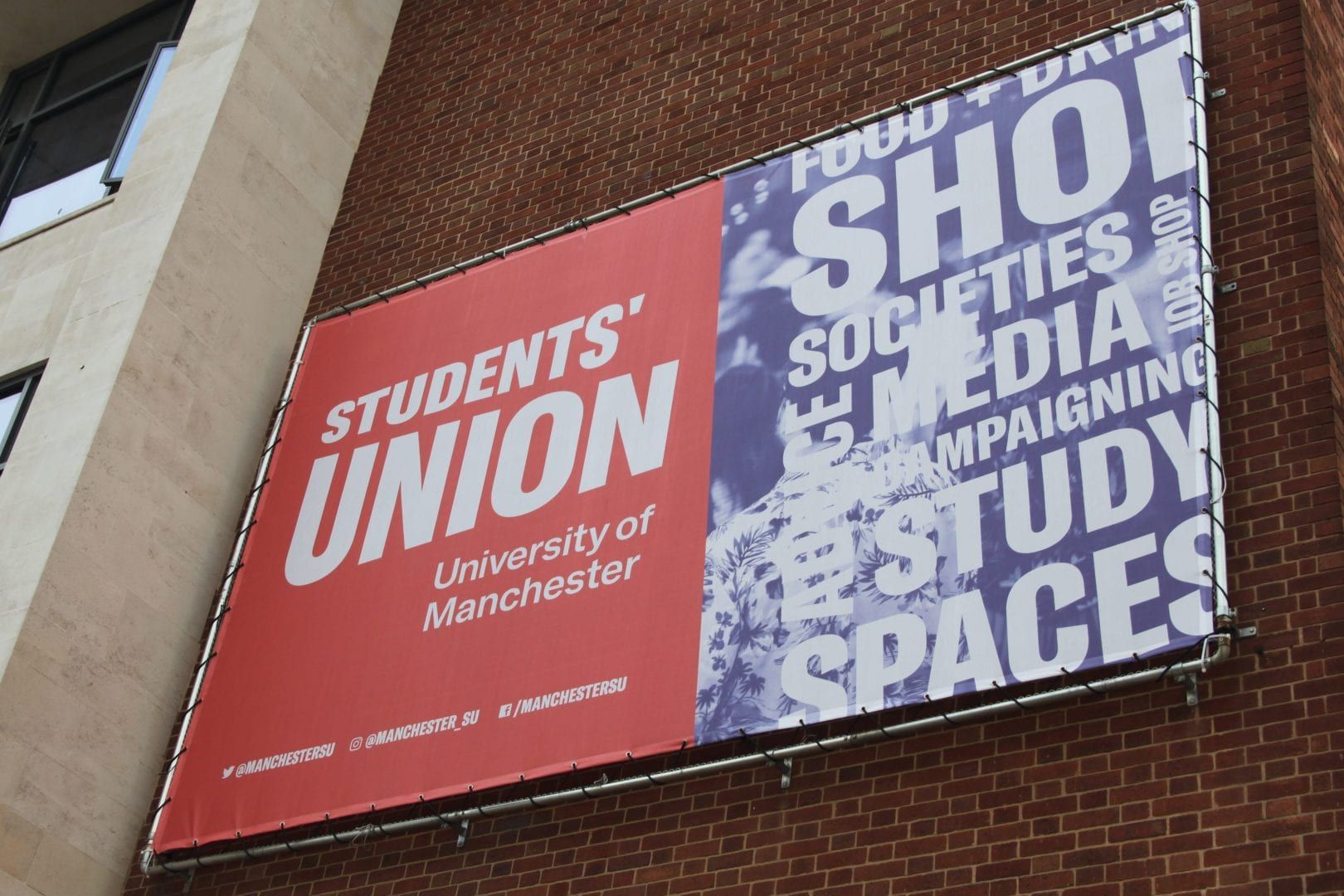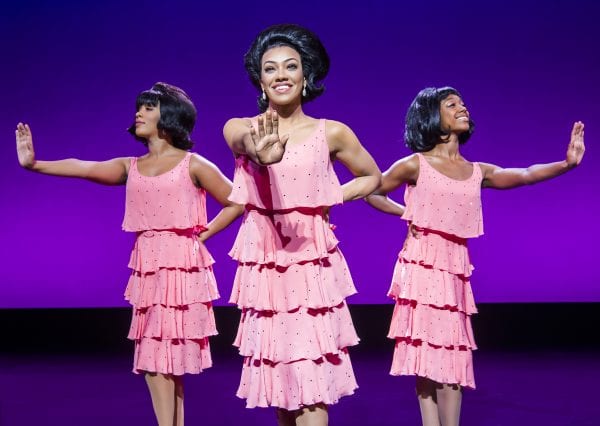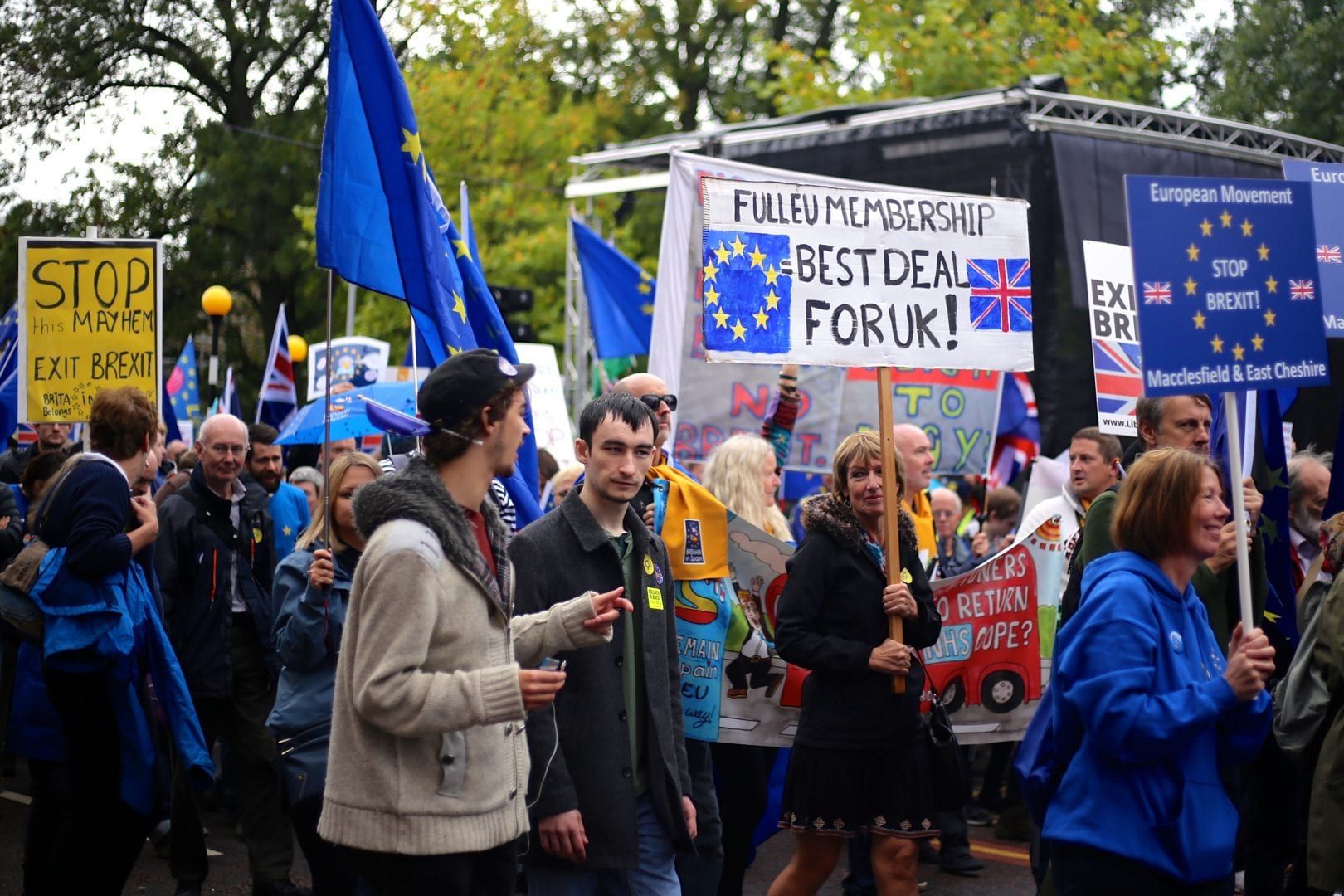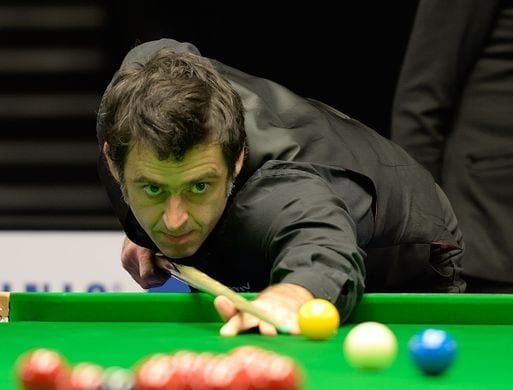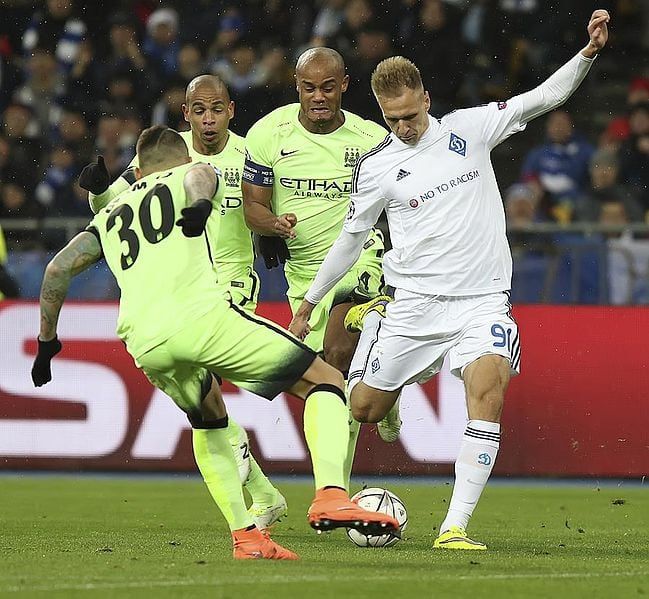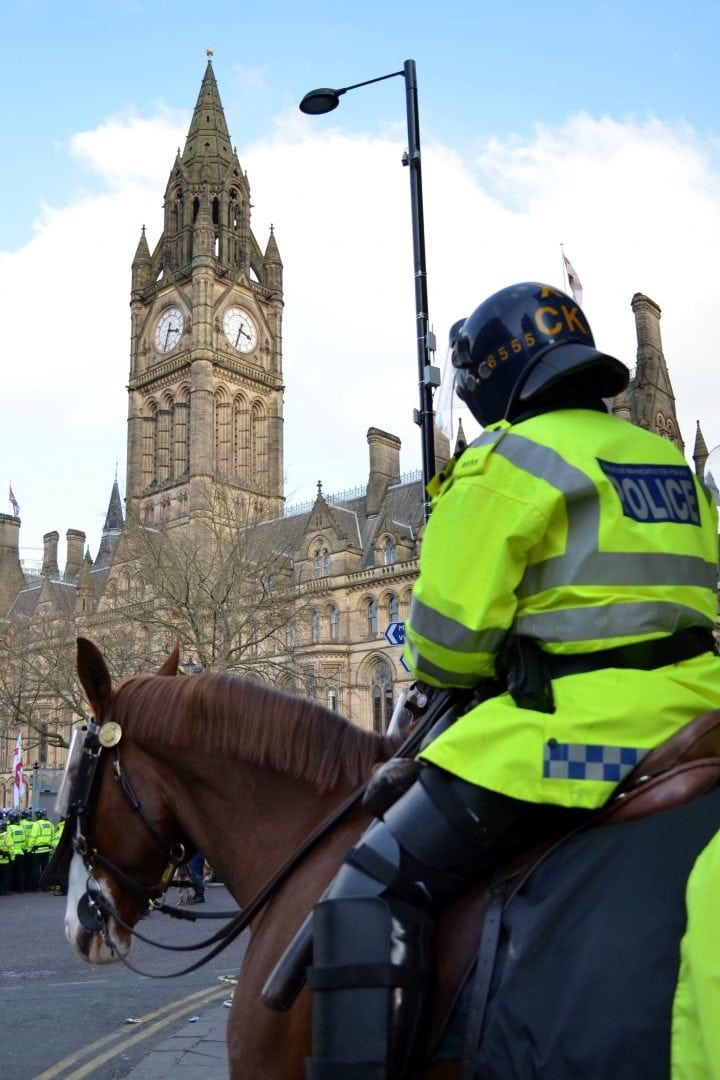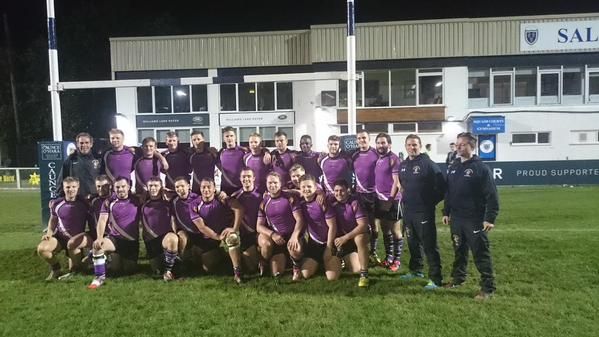Football’s safety in jeopardy
On a weekend of football drama that saw both Liverpool and Manchester City win to continue their title aspirations, the results were overshadowed by a trio of incidents that has left football fans, clubs, and officials all asking the same question: Are football grounds safe enough?
In the ninth minute of the Birmingham derby at St Andrews, Aston Villa player Jack Grealish was attacked from behind by a fan who struck him round the head. Grealish – thankfully uninjured – gathered himself and managed to score the only goal of the game. He later described it as the “best day of his life” having captained the Villains, scored the winner, and acted with utmost professionalism.
Unfortunately, this wasn’t the only incident of the weekend as Chris Smalling looked to be shoved by a fan during Arsenal’s celebrations for their second goal at the Emirates Stadium. A Hibernian supporter also appeared to push Rangers captain James Tavernier in altercation between the two during a 1-1 stalemate.
England Lionesses coach Phil Neville believes something needs to change before “a player is stabbed or seriously hurt”. His reaction isn’t as extreme as one might think, when you think back to the 1993 stabbing of tennis player Monica Selesin by a fan.
Manchester United captain Ashley Young said: “Whether it’s the FA, the Premier League, or FIFA, something’s got to be done”. And, Rangers head coach Steven Gerrard said he would be fully supportive of withdrawing his players from the field. The FA also responded: “We will be working with the clubs, the leagues and the police to discuss what collectively needs to be done to protect players and officials on the pitch”.
The Professional Footballers’ Association’s (PFA) chief executive Gordon Taylor said there is now “real fear for the safety of players”, whilst former England striker Alan Shearer told Match of the Day 2: “I think we need points deduction or playing games behind closed doors because someone is going to get hurt”.
These acts of violence by fans are not isolated. At the beginning of March Celtic player Scott Sinclair had a glass bottle thrown at him whilst Dele Alli had a similar incident with a plastic projectile back in December. Raheem Sterling allegedly received racist abuse at Stamford Bridge in December.
Authorities will be hoping the punishments they have put in place will be enough to ward off such behaviour. Paul Mitchell, the fan who attacked Jack Grealish, was given a 14-week prison sentence, whilst also receiving a lifetime stadium ban. The other two culprits were also arrested and will no doubt, face some kind of criminal punishment to go along with their lifetime stadium bans.
It is worth noting that these attacks also coincide with concerns about the level of policing at games. Deputy Chief Constable Mark Roberts, told BBC Sport last year said: “We have fewer police officers in football grounds; clubs are cutting costs for policing and back-filling with stewards who don’t have the same authority.”
It seems inevitable that the authorities will intervene to apply sanctions to clubs. Historically the football authorities have applied heavy sanctions or changes in procedure to avoid incidents happening again. In the 1990-91 season, both Arsenal and Manchester United were docked points and ordered to pay a fine after an on the field brawl between the two sides.
But despite the recent incidents, statistics from the Home Office show that football grounds are now safer than ever with arrest rates steadily declining since the late 1980s. The 2017/18 season hitting an all time low of 3.5 arrests per 100,000 fans. We can only hope that this trend continues as the football authorities look to eradicate the problems that have caused these shocking events over the weekend.
